|
12 January 2015
The Embassy of Japan in Malaysia and Aswara (National Arts Culture and Heritage Academy) will co-organize Konsert
Jambatan Muhibbah (Bridge of Harmony) Japan- Malaysia Traditional Music
Exchange Concert.
|
Date:
February 7th (Sat.) 20:30-22:30pm
Venue:
Orchestra Hall, ASWARA (National Academy of Arts, Culture and Heritage)
Admission:
Free
Co-organized by ASWARA and the Embassy of
Japan
Supported
by Japan Foundation |
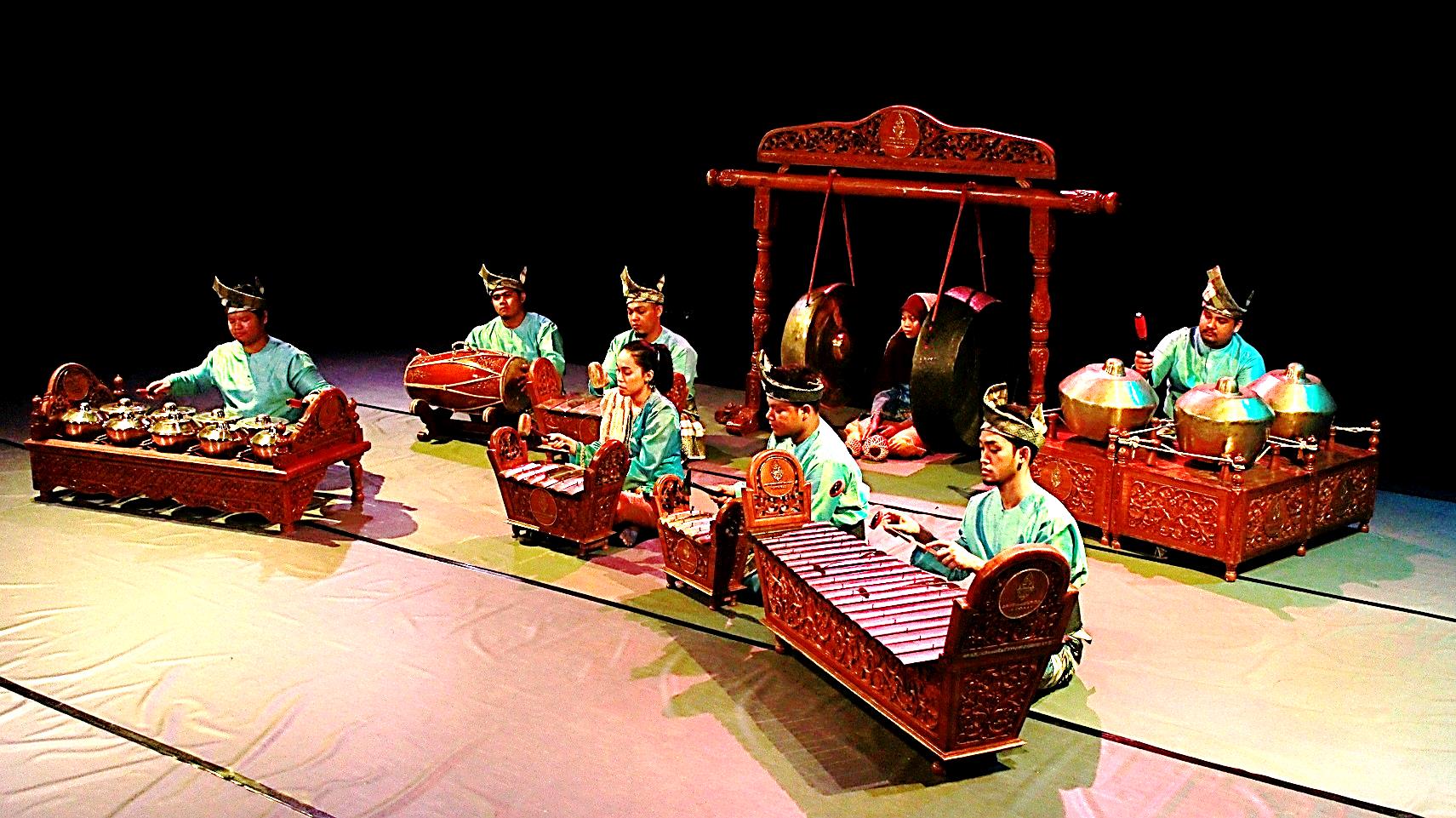 |
ASWARA’s Gamelan Group
ASWARA’s Gamelan group was
established in 2007 under the auspices of ASWARA (National Academy of Arts,
Culture and Heritage), an academy to produce experts and practitioners of
Malaysia's traditional arts. This group consists of diploma and undergraduate
students, together with the academy’s alumni under the guidance of Pak Bob
Khalil, a Gamelan lecturer at the Faculty of Music, ASWARA.
The group has performed
on many occasions including concerts (ASWARA and MPO friends at DFP, KLCC),
Archipelago Drum Festival, World Gamelan Festival in Terengganu and various
prestigious weddings. The group has also won the best gamelan players award in
the Malay Gamelan National Competition 2010.
|
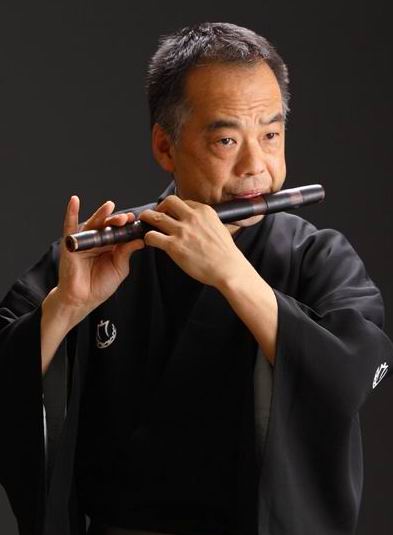
|
KOHEI NISHIKAWA: Japanese Transverse Flutist
Kohei Nishikawa, born in 1953, was the principal
flutist at the Osaka Philharmonic Orchestra at the start of his musical career before
embarking on an important career path as a traditional flutist, playing the
bamboo transverse flutes, shinobue and nohkan, to accompany the classical traditional
dance Nihon-buyo and Kabuki.
In parallel, he invites Japanese and foreign
composers in order to diversify the repertoire of the flutes which primarily
play traditional roles in the theater and makes music recordings under the
title “Flutist from the East, Kohei Nishikawa”.
In order to promote his
instruments and Japanese music to a larger public, he began teaching the
instruments in different universities in Tokyo since 2003, published several
books and performed as well as provided master-classes abroad including in Canada, US and in Europe.
|
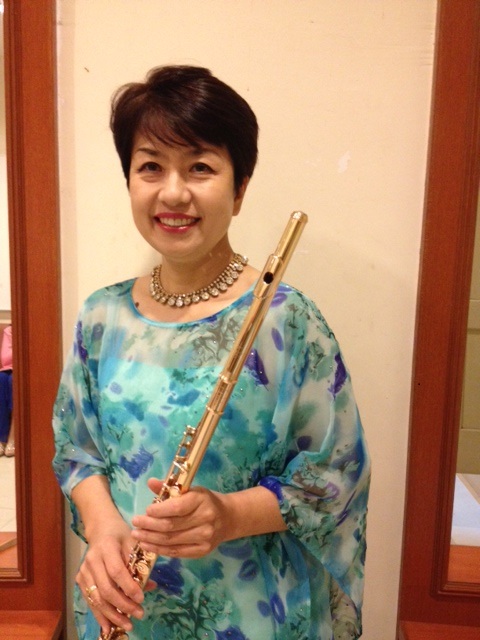
|
KEIKO NAKAGAWA : Flutist
Keiko Nakagawa
started playing the flute at the age of twelve. She graduated from Soai
University (music course) in Osaka, Japan. She is a director of The Japan Flute
Association and formed The Mahoroba Flute Orchestra. She was also the
organizing chairman of the Flute Festival in Nara.
In 2000, she relocated
to Malaysia and in December 2006 released her 1st solo album called JAMBATAN (Bridge). In
September 2007, she organized the very successful Flute Festival in Malaysia, one of the events
to celebrate the 50th anniversary of Japan-Malaysia Friendship.
Keiko is currently the principal flutist as well as a dedicated instructor with
the Malaysia National Symphony Orchestra (NSO).
|
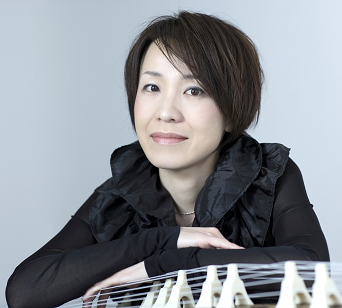 |
YOKO NISHI : Koto Artist
Yoko Nishi started
learning to play the koto at the age of four and formally studied koto under
the modernist performer-composers Tadao Sawai and Kazue Sawai. After graduating
from Tokyo University of the Arts, she performed in front of Their Majesties
The Emperor and Empress of Japan at the Imperial Palace as a representative from the
University at an event organized by the Imperial Household Agency.
She is a lead
performer of ancient musical instruments at the National Theatre, Tokyo. She
has performed for international festivals such as the London Chelsea Festival
and Moers Jazz Festival as well as held solo concerts worldwide including Germany,
Hungary and the US. In 2008, Ms. Nishi performed at an event organized by the
governor of Tokyo at the World Economic Forum in Davos, Switzerland.
|
| HAFIZ OTHMAN : Koto Artist
Hafiz
has loved the sounds of koto since he was introduced to the instrument by his
father during his primary school years but only started learning to play it
when he enrolled as a freshman at the University of Tsukuba, Japan in 1996.
His
first teacher was Takako Ikeda, a koto master based in Ibaraki Prefecture. He
then moved to Tokyo and continued his lessons at the house of Souju Nosaka
under the supervision of her daughter, Mizuyo Komiya. After returning to
Malaysia, he joined the koto group of Japan Club Kuala Lumpur. Hafiz has
collaborated with Fukuda Chieko and Kazue Sawai’s group as a performer and
organiser during their shows in Kuala Lumpur. Hafiz, who currently plays the
koto as a hobby, is interested in Sawai Tadao’s compositions in addition to the
traditional masterpieces.
|
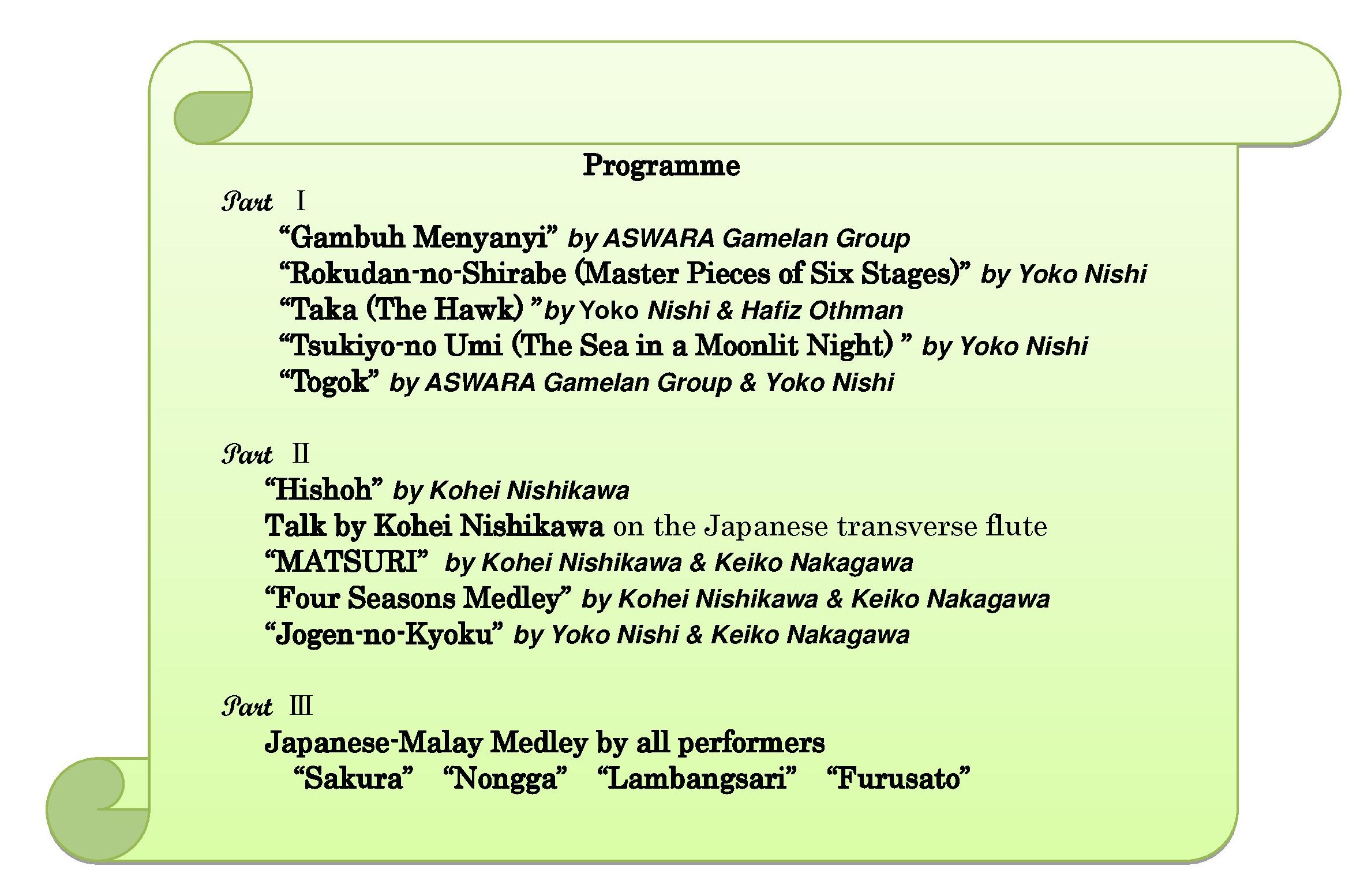
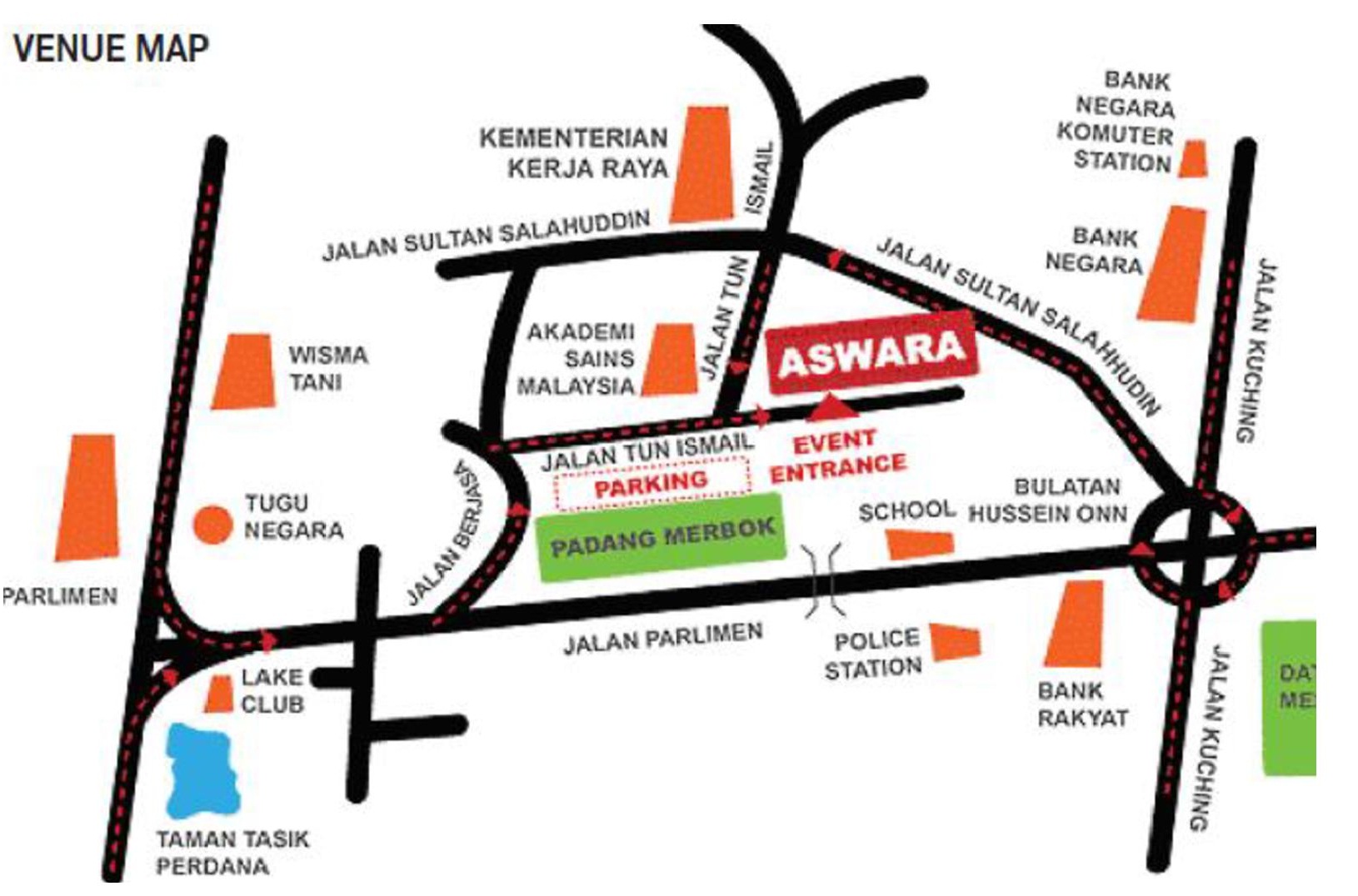
For more information, please do not hesitate to contact us:
Tel: 03-2177 2749 (Ms.Ho)
Email: event@kl.mofa.go.jp
|

